- Module 1: UK and Local – How does the UK culture look today?
- Module 2: Around the world – How do cultures differ around the world?
- Module 3: Weather and climate – How does weather and climate vary?
- Module 4: Population and migration – How is the world’s population dynamic?
- Module 5: Deserts and drought – How are Biomes under threat from human actions? (Desert and Polar)
- Module 6: Polar and Taiga forests – How are unique biomes under threat from human actions?
Curriculum Intent
Geography helps us understand the world around us and our place in it. Geography is about how people affect environments; how environments affect people and the places these interactions happen. Geography is issues-based. It investigates geographical problems and how we can respond to these challenges. These issues are always changing and Geography changes with them, making Geography one of the most dynamic and relevant subjects you can study.
Geography helps us understand the fast-changing world. It helps us make sense of the environment and its importance. Geography helps us understand the impacts people have on the planet. The subject equips us with a range of transferable skills.
Geographical issues include:
- How will climate change affect us?
- Can Britain cope with more migration?
- How is my weekly shopping damaging the oceans?
- Why are coasts and place of conflict?
- Can we survive without the rainforests?
- How do we protect people from earthquakes and volcanoes?
- Do some countries have to remain poor for Britain to stay rich?
Transferable Skills
In addition to knowledge, universities and employers seek people with good transferable skills (skills that can be used for a variety of tasks and activities). Geography develops a range of important transferable skills, including:
- How to observe, record, display and analyse data.
- How to extract information from a variety of different sources (maps, graphs, diagrams).
- How to interpret and analyse information to reach substantiated conclusions.
- How to problem-solve and make decisions about issues.
- How to work effectively with other people.
- How to communicate ideas effectively using a range of techniques, including ICT.
How Can I Use a Geography Qualification?
Employers and universities value the broad range of transferable skills that Geography delivers. Geography fits neatly with sciences, arts and humanities. Geography was named by Russell Group report as one of the eight subjects which are preferred for entry to a degree course and as one of the facilitating subjects most likely to keep more options open at university.
ks3: Individuals & Societies - geography
In years 7 to 9 students follow the IB MYP Curriculum.
- Module 1: Tectonics – How do humans cope with tectonic risks?
- Module 2: Resource pressures – How does our use of energy and resources impact the environment?
- Module 3: Biomes and rainforests – How are biomes under threat from human actions? (Rainforests)
- Module 4: Urbanisation – UK rivers and geology How does urbanisation influence quality of life around the world?
- Module 5: UK rivers and geology – How do rivers influence the shape of the landscape?
- Module 6: Global and UK tourism – Is tourism a vital industry for the planet?
- Module 1: Tropical storms and extreme weather – How do humans cope with tropical storms and extreme weather?
- Module 2: Urban UK and major city study – How have UK living spaces changed in the past thirty years?
- Module 3: Climate change – How are human actions influencing the global climate?
- Module 4: Global development – How can we improve the economy of countries and quality of life for people around the world?
- Module 5: Place and city study – How has the country India and the Mega City of Mumbai developed since 1990?
- Module 6: UK coasts – How do waves and coastal management influence the shape of the coast?
ks4: geography
The GCSE course has three papers
- Paper 1 Global Geographical Issues (37.5%): 1.5 hours
- Paper 2 The UK Geographical Issues (37.5): 1.5 hours
- Paper 3 People and Environment Issues (25%): 1.5 hours
The course is also organised into the following sections:
- Topic 1: Hazardous Earth
- Atmospheric hazards
- Tectonic hazards
- Topic 2: Development dynamics
- Measuring development
- Global inequality
- Development in a globalised world
- Topic 3: Challenges of an urbanising world
- A world of growing cities
- Different urban economies
- Land use in cities
- Case study of a megacity
- Topic 4: The UK’s evolving physical landscapes
- The UK’s relief and geology
- The UK’s coastal landscape
- The UK’s fluvial landscape
- Topic 5: The UK’s evolving human landscapes
- The UK’s Cities
- The UK’s population
- The UK’s economy
- Case study of a major UK city
- Topic 6: Geographical Investigations
- Investigating coastal change and conflict
- Investigating dynamic urban areas
- Topic 7: People and the biosphere
- World distribution of biomes
- Resources exploitation from biomes
- Topic 8: Forest Under threat
- The characteristics of and threats to tropical rainforests
- Taiga under pressure
- Sustainable management of forests
- Topic 9: Consuming energy resources
- Global energy use
- Reducing reliance on fossil fuels
- Sustainable use of energy resources
- Topic 10: Making Geographical decisions
- Decision-making examination (DME)
ks5: geography
The A level course has four papers
- Paper 1 Physical Geography (30%): 2 hours 15 mins
- Paper 2 Human Geography (30%): 2 hours 15 mins
- Paper 3 Synoptic Investigation (20%): 2 hours 15 mins
- Non-examination assessment (Paper 4): Independent Investigation (20%)
- An independent field work investigation and report for the examination
Topic 1 Tectonic Processes and Hazards
- Why are some tectonics more at risk from tectonic hazards?
- Why do some tectonic hazards develop into disasters?
- How successful is the management of tectonic hazards and disasters?
Topic 2B Coastal Landscapes and Change
- Why are coastal landscapes different and what processes cause these differences?
- How do characteristic coastal landforms contribute to coastal landscapes?
- How do coastal erosion and sea level change after the physical characteristics of coastlines and increase risks?
- How can coastlines be managed to meet the needs of all players?
Topic 5 The Water Cycle and Water insecurity
- What are the processes operating within the hydrological cycle from global to local scale?
- What factors influence the hydrological system over short- and long- term timescales?
- How does water insecurity occur and why is it becoming such a global issue for the 21st century?
Topic 6 The Carbon Cycle and Energy Security
- How does the carbon cycle operate to maintain planetary health?
- What are the consequences for people and the environment of our increasing demand for energy?
- How are the carbon and water cycles linked to the global climatic system?
Topic 3 Globalisation
- What are the causes of globalisation and why has it accelerated in recent decades?
- What are the impacts of globalisation for countries, different groups of people and culture and the physical environment?
- What are the consequences of globalisation for global development and the physical environment, and how should different players respond to its challenges?
Topic 7 Superpowers
- What are superpowers and how have they changed over time?
- What are the impacts of superpowers on the global economy, political systems and the physical environment?
- What spheres of influence are contested by superpowers and what are the implications of this?
Topic 4A Regenerating Places
- An in-depth study of the local place in which you live or study, and one contrasting place.
- Why might regeneration be needed?
- How is regeneration managed?
- How successful is regeneration?
Topic 8B Migration, Identity and Sovereignty
- What are the impacts of globalisation on international migration?
- How are nation states defined and how have they evolved in a globalising world?
- What are the impacts of global organisations on managing global issues and conflicts?
- What are the threats to national sovereignty in a more globalised world?



